How Water Softeners Work to Benefit the Household
Many people aren't aware of how water softeners work or the benefits they provide. After all, for some homeowners, the most they know about hard water is that it's technically safe to drink, cook with, and bathe in. While this is true, many effects of hard water are overlooked by this overarching statement. Just because hard water is safe to drink doesn't mean it doesn't come with other negative effects. In fact, in areas with particularly hard water, the cost of installing and maintaining a water-softening system is offset in just a few years.
Many homeowners also like water softeners for another reason: They provide a better quality of life, which is hard to price. Read on to learn more about the benefits of water softeners.
Better Cleaning
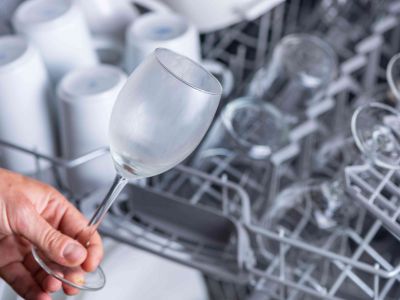 Hard water is simply water with many minerals, such as magnesium and calcium. One of the effects of these high concentrations is the water's inability to wash away soap scum fully. This leaves unsightly spots on dishes and a soapy film on almost anything the water touches. This is why homes with hard water often have near-permanent whitish rings around faucets, drains, and basins. No matter how much scrubbing the homeowners do, these rings are hard to remove or return quickly.
Hard water is simply water with many minerals, such as magnesium and calcium. One of the effects of these high concentrations is the water's inability to wash away soap scum fully. This leaves unsightly spots on dishes and a soapy film on almost anything the water touches. This is why homes with hard water often have near-permanent whitish rings around faucets, drains, and basins. No matter how much scrubbing the homeowners do, these rings are hard to remove or return quickly.
Likewise, washing clothes in hard water can cause them to fade, making them look worn even when they're brand new. Sometimes, dark clothes come out of the washer looking nearly as dirty as when they went in. But with a whole-house water softener installed, these issues fade away like the unsightly spots left over from hard water!
Longer Lasting Pipes and Appliances
Hard water isn't just tough on clothes, dishes, and water basins. It can also be tough on pipes and appliances. The appliance that takes the brunt of the abuse is the water heater. When hard water is heated, the calcium in the water turns into limescale buildup inside the water heater. This can affect the water heater's efficiency, making it work harder to heat the water for the home. Limescale buildup can also decrease the life of the water heater.
But the damage doesn't stop there. Limescale can also build up in the pipes, which can cause clogs, leaks, and a shortened lifespan for the plumbing system. The same also goes for appliances like washing machines and clothes washers. Any appliance that uses hard water will become affected by limescale buildup. It may take years to show the ill effects, but it will happen. So when homeowners install a whole home water softener, they can rest easy knowing that they are taking good care of their appliances and pipes.
Better Skin and Hair Health
 When hard water interacts with soap, it leaves a film on anything the soapy water touches. This is true for clothes, dishes, hair, and skin. Many homeowners who bathe in hard water notice this first in their hair, and the leftover residue that is difficult to wash out makes the hair look dull no matter what shampoo or conditioner is used.
When hard water interacts with soap, it leaves a film on anything the soapy water touches. This is true for clothes, dishes, hair, and skin. Many homeowners who bathe in hard water notice this first in their hair, and the leftover residue that is difficult to wash out makes the hair look dull no matter what shampoo or conditioner is used.
Likewise, bathing in hard water can dry out the skin. When a soap-and-mineral residue is left on the skin, it pulls moisture out, leaving it unhealthy. Some people also complain of itchy skin after bathing in hard water. But with a water softener installed, homeowners can enjoy the feeling and look of skin that doesn't have a soapy residue left on it all day.
About A&A Plumbing, Heating, and Cooling
A&A Plumbing, Heating, and Cooling has been serving San Antonio, TX, since 2007. They offer personalized solutions and comprehensive service, tailoring their solutions to the unique problems experienced by homeowners. Contact them today for water softener installation in San Antonio, TX.
Distribution Links +
- lifestyle.kbew98country.com
- lifestyle.kccrradio.com
- lifestyle.capitalcityrock.com
- lifestyle.current943.com
- lifestyle.thedam.fm
- lifestyle.hotcountry931.com
- lifestyle.pierrecountry.com
- lifestyle.kotaradio.com
- lifestyle.q923radio.com
- lifestyle.kynt1450.com
- lifestyle.all80sz1063.com
- lifestyle.myeaglecountry.com
- newsnetmedia.com
- atlanta.newsnetmedia.com
- augusta.newsnetmedia.com
- austin.newsnetmedia.com
- boise.newsnetmedia.com
- buffalo.newsnetmedia.com
- columbia.newsnetmedia.com
- columbus.newsnetmedia.com
- detroit.newsnetmedia.com
- fresno.newsnetmedia.com
- jacksonville.newsnetmedia.com
- losangeles.newsnetmedia.com
- minneapolis.newsnetmedia.com
- monterey.newsnetmedia.com
- myrtlebeach.newsnetmedia.com
- nashville.newsnetmedia.com
- norfolk.newsnetmedia.com
- https://pr.hattiesburg.com
- https://pr.bradfordvillebugle.com
- https://pr.boreal.org
- https://pr.stylemg.com
- https://pr.walnutcreekmagazine.com
- https://pr.thembnews.com
- https://pr.timesofsandiego.com
- https://pr.chestercounty.com
- https://pr.wncbusiness.com
- https://pr.ashlandtownnews.com
- https://pr.franklintownnews.com
- https://pr.hollistontownnews.com
- https://pr.hopedaletownnews.com
- https://pr.naticktownnews.com
- https://pr.millismedwaynews.com
- https://pr.norfolkwrenthamnews.com
- https://pr.norwoodtownnews.com
- https://pr.omahamagazine.com
- https://pr.greenvillebusinessmag.com
- https://pr.davisjournal.com
- https://pr.columbiabusinessmonthly.com
- https://pr.mysugarhousejournal.com
- https://pr.herrimanjournal.com
- https://pr.holladayjournal.com
- https://pr.murrayjournal.com
- https://pr.millcreekjournal.com
- https://pr.midvalejournal.com
- https://pr.draperjournal.com
- https://pr.taylorsvillecityjournal.com
- https://pr.westjordanjournal.com
- https://pr.sandyjournal.com
- https://pr.southjordanjournal.com
- https://pr.valleyjournals.com
- https://pr.wvcjournal.com
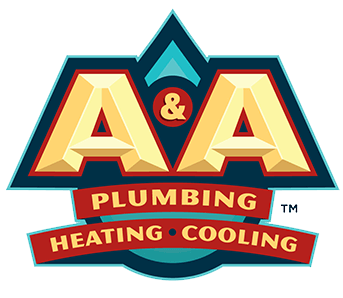


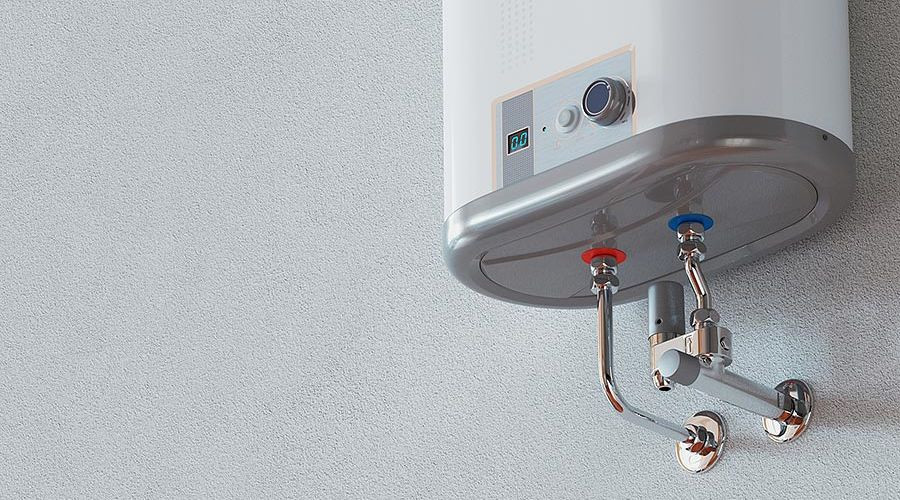
 The concept behind tankless water heaters is increased efficiency all around. There's no storage tank, whether the unit heats with gas or electricity. Tankless water heaters heat water quickly as it's needed. This means there's no need for the
The concept behind tankless water heaters is increased efficiency all around. There's no storage tank, whether the unit heats with gas or electricity. Tankless water heaters heat water quickly as it's needed. This means there's no need for the  Tankless water heaters are often called on-demand water heaters. This is a good indication of how they operate. Unlike a
Tankless water heaters are often called on-demand water heaters. This is a good indication of how they operate. Unlike a 
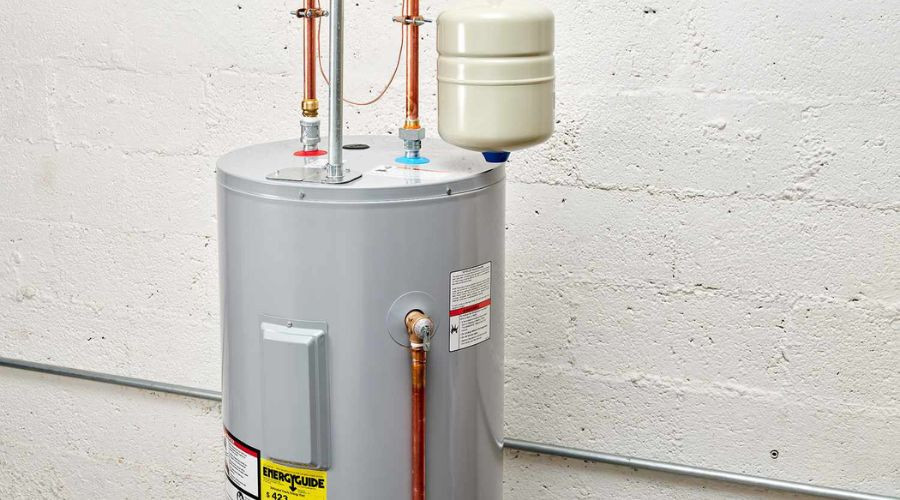
 Every homeowner should be aware of several water heater maintenance benefits. Firstly, it helps prevent unexpected breakdowns and other issues by addressing minor problems as early as possible. Along these lines, maintenance also helps prolong the unit's life by mitigating the effects of normal wear and tear.
Every homeowner should be aware of several water heater maintenance benefits. Firstly, it helps prevent unexpected breakdowns and other issues by addressing minor problems as early as possible. Along these lines, maintenance also helps prolong the unit's life by mitigating the effects of normal wear and tear. During a water heater tune-up, a professional plumber will perform various tasks, which vary depending on the type of water heater.
During a water heater tune-up, a professional plumber will perform various tasks, which vary depending on the type of water heater. 
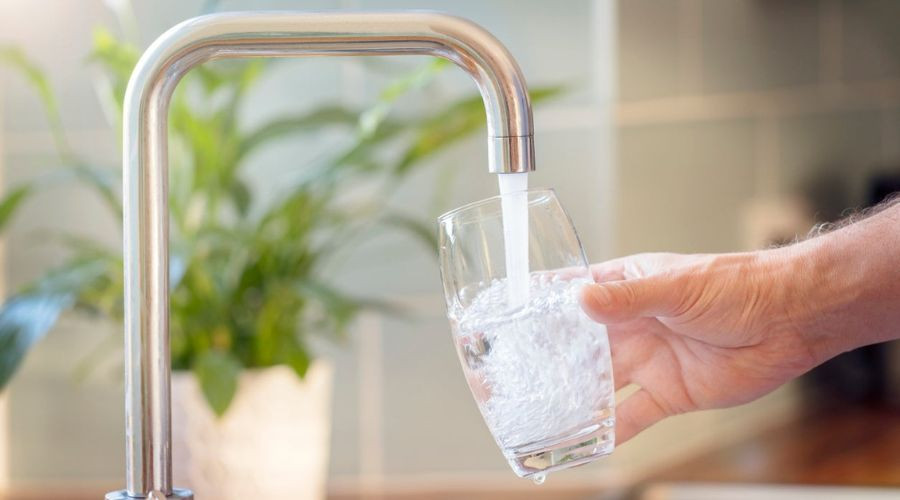
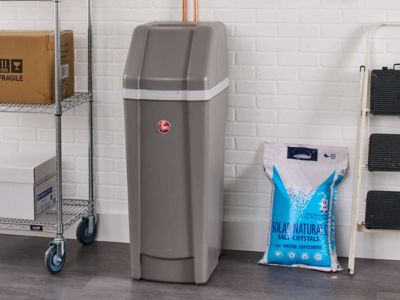 The solvent qualities of water are one of the things that can make it so useful. When water is saturated with dissolved
The solvent qualities of water are one of the things that can make it so useful. When water is saturated with dissolved  Most people may be uninterested in water softeners because they believe water is water. Most often, these people don't recognize the signs of hard water or understand how helpful softened water can be. Some of the signs that a water softener can be beneficial for a home are:
Most people may be uninterested in water softeners because they believe water is water. Most often, these people don't recognize the signs of hard water or understand how helpful softened water can be. Some of the signs that a water softener can be beneficial for a home are: 

 Anyone who has had to drink
Anyone who has had to drink  Buying and drinking bottled water can get expensive, and it can be very bad for the environment with all the plastic trash it produces. Having a whole house water filter can nip this problem in the bud. If a household uses reusable bottles and fills them with their filtered water, they can drink safe, healthy, and paid-for water. It is money-saving as well as helpful to the planet.
Buying and drinking bottled water can get expensive, and it can be very bad for the environment with all the plastic trash it produces. Having a whole house water filter can nip this problem in the bud. If a household uses reusable bottles and fills them with their filtered water, they can drink safe, healthy, and paid-for water. It is money-saving as well as helpful to the planet.
